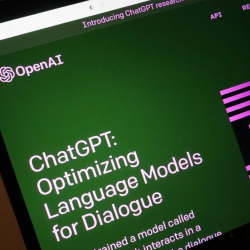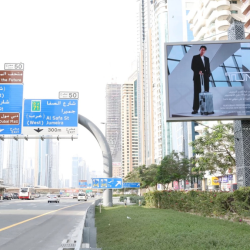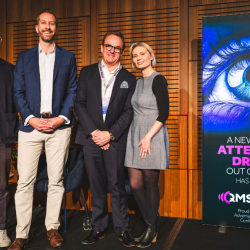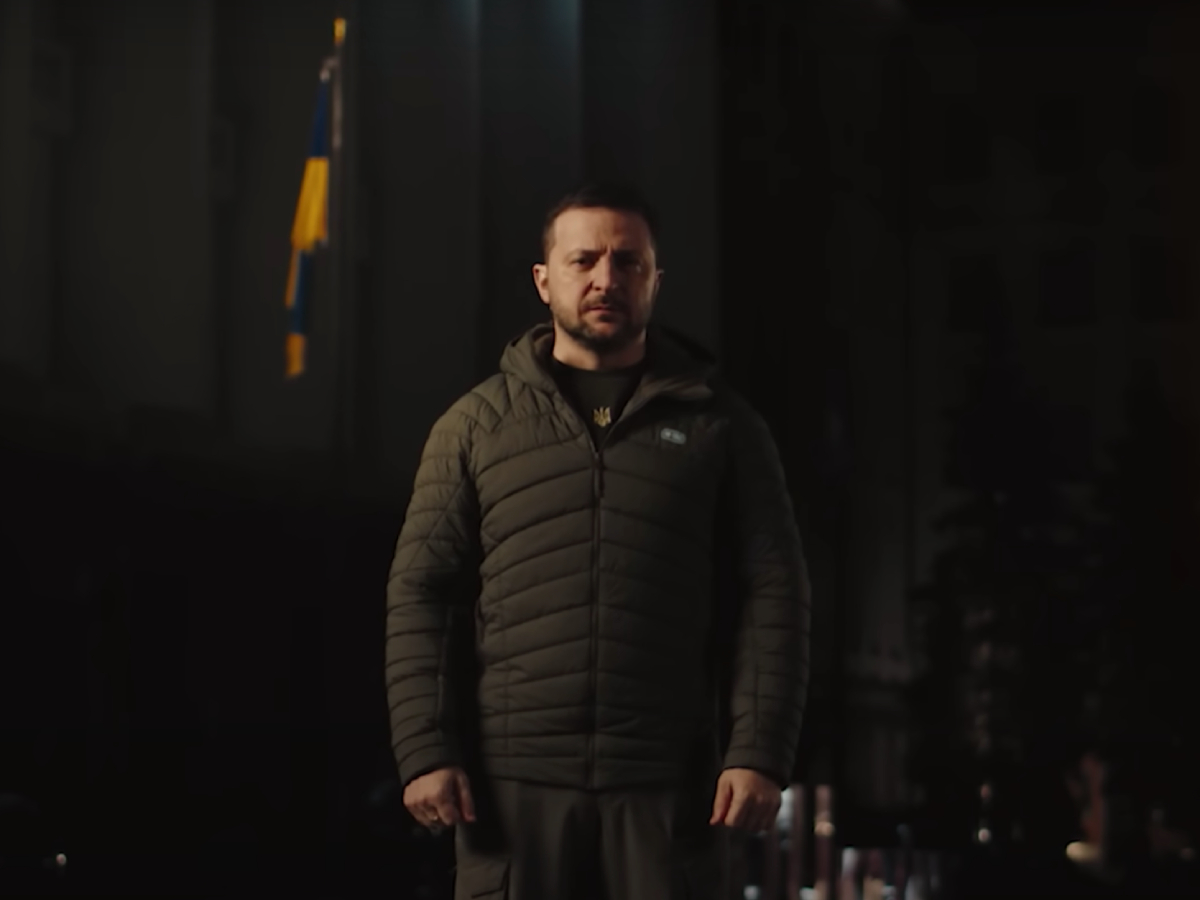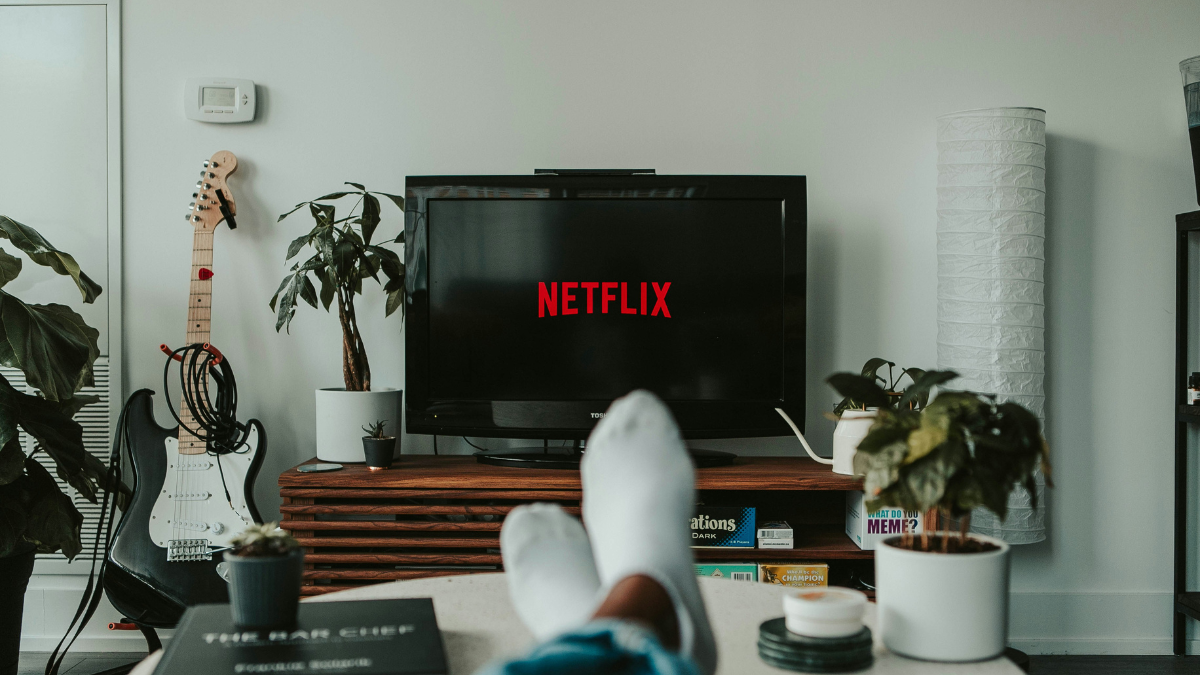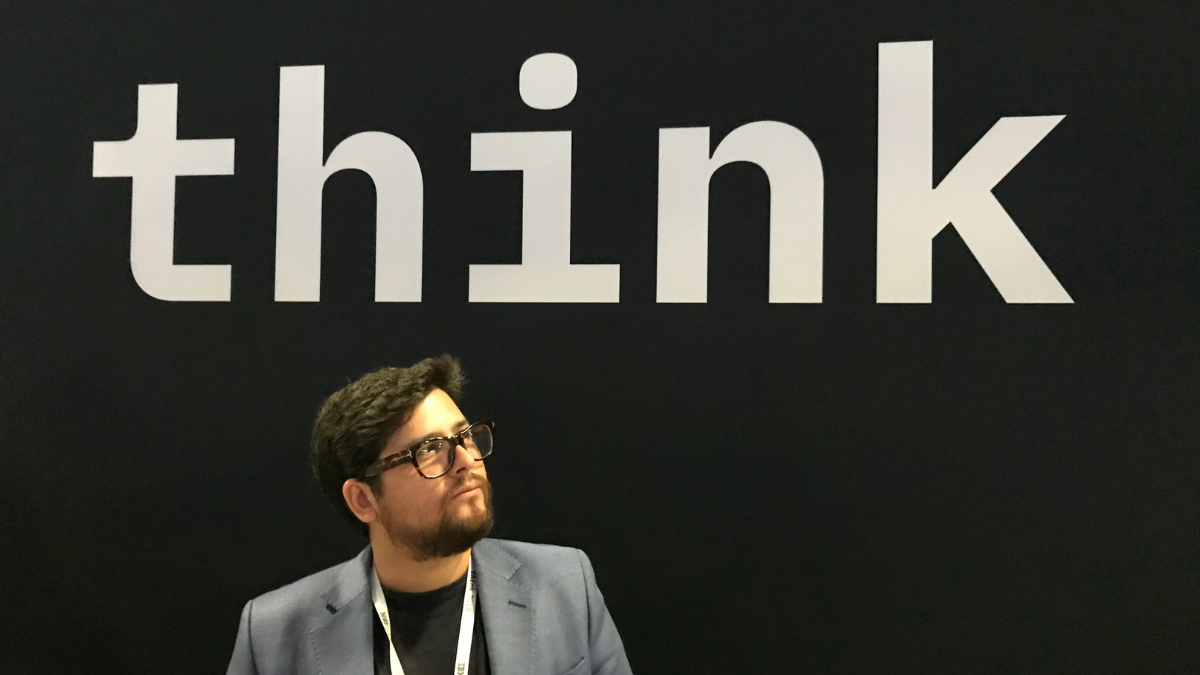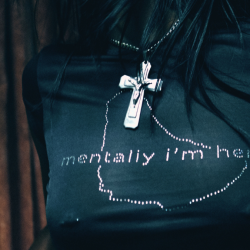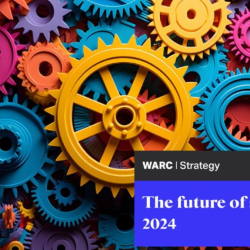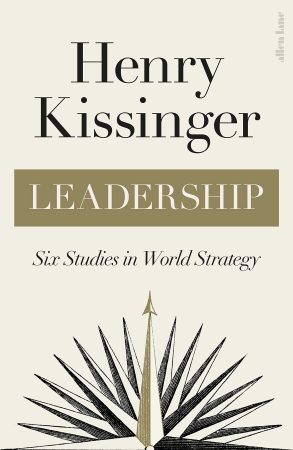
Henry Kissinger, one of the most controversial and effective statesmen of the past century, recently published his new book, Leadership, in which he portrays six historic leaders and how their strategic mindsets worked. I wonder how he would describe the Ukrainian President, Volodymyr Zelensky. He found a “strategy of excellence” in Singapore’s Lee Kuan Yew due to his masterful management skills and a “strategy of equilibrium” in Richard Nixon for the US President’s mastery of diplomacy. I would say that Zelensky is a master in “strategy of influence”.
When the history of the war between Russia and Ukraine will be written, this man’s ability to move people is going to be a central part of it. From the first day of the occupation, when Kyiv was under attack and the western sources of intelligence were expecting Zelensky’s government to fall in days, his resilience as a leader did not only motivate Ukrainian people to resist — it convinced the western world to stay behind him. His address to the European Union from a bunker and his speech to the US Congress in Washington, DC, will be remembered for generations; just like British war-time Prime Minister Winston Churchill’s remarks in the Parliament, the Congress, and on the radio.
Zelensky’s latest tour de force was, without a doubt, his New Year’s Address. Delivered on New Year’s Eve, it was a summary of Ukraine’s story of resistance and hope, of its people’s audacity and solidarity against the evils of war. It was a masterclass in speechwriting and strategic communications for a number of reasons.
The setting is a part of the message
Speeches are not only made of words and the delivery skills of the speaker — where they have been delivered are part of the message as well.
For instance, speaking to the Democratic Party Convention during the 2020 election cycle, former US President Barack Obama delivered his remarks from the Museum of the American Revolution in Philadelphia where the American Constitution, the pillar of the nation’s democracy, was written. It was a deliberate choice that as Obama spoke, the cameras filmed a corner of the Museum that summarized how the Constitution was written. It was a part of Obama’s message; he was showing how dangerous another term of Donald Trump’s presidency could be for the safety and health of American democracy. Obama was calling on the American citizens to defend the foundations of the US as a country — a foundation that was secured and communicated by the Constitution.
Where Zelensky gave his New Year’s speech was also a strong part of his message. It was not an ‘unknown location’ or the president’s office; neither was it a bunker or a battlefield. It looked like a street in Kyiv. And ‘a street in Kyiv’ is a very symbolic setting for Zelensky. Because, arguably, it was also him speaking to a phone’s front camera during the first days of the war that changed the perception of Ukraine. Zelensky was showing that he did not leave Kyiv and, with his cabinet, was determined to fight till there was nothing left to fight for.
Many commentators in the West were expecting him to give up, to “take a ride” to a western country (as the US suggested at the time) and either lead from outside or simply turn into the ‘leader in exile,’ who doesn’t have much influence over where he left. Him staying was symbolic in showing that Ukraine was not going to fall without a battle; it was a message of hope and a call for solidarity behind this man who could’ve been killed on camera. On New Year’s Eve, speaking from a similar street with a Ukrainian flag in the background was symbolic in reminding all of us how this man’s leadership turned the tide.
Emotions are strongest when the personal and the national meets
Politics is always at the crossroads of the personal and the national. Finding ways to fit a leader’s personal story into a nation’s always hits the right tone. It makes the speech and the leader a part of the people’s fears, hopes, achievements, and losses.
Obama, probably the best orator of this century, pulled this off masterfully in 2004 when he was running for Senate as an unknown local politician from Chicago, as he described himself as a part of America’s story. ‘I stand here today, grateful for the diversity of my heritage, aware that my parents’ dreams live on in my precious daughters,’ he said. ‘I stand here knowing that my story is part of the larger American story, that I owe a debt to all of those who came before me, and that, in no other country on earth, is my story even possible.’ It was a clear connection between the personal and the national.
Similarly, Zelensky’s words in the New Year’s address are not only read as a war-time leader’s remarks to a war-torn nation; it’s a personal account of the war. In the beginning, as he describes how the last year began with the war for Ukrainians, we can see Zelensky wake up to the sounds of rockets at 4a.m., like millions throughout the country:
The explosions on February 24 stunned us. Since then we have not heard everything. And we don’t listen to everyone. We were told: you have no other option but to surrender. We say: we have no other option than to win.
The whole speech is a masterful matching of the personal realms of all Ukrainians and the national story that they have been writing since Russian troops crossed the border. It’s not only relatable — it’s understanding and empathetic. It’s personal for all.
I want to say to all of you: Ukrainians, you are incredible! See what we have done and what we are doing!
How our soldiers have been smashing this “second army of the world” since the first days.
How our people stopped their equipment and infantry columns.
How an old man used his hands to stop a tank.
How a woman knocked down a drone with a jar of tomatoes. (…)
Everyone is important in war. (…)
There are no small matters in a great war. There are no unnecessary ones.
Each of us is a fighter. Each of us is a front. Each of us is the basis of the defence.
We fight as one team — the whole country.
Words matter. Sometimes more than sentences
Perhaps the most obvious and original oratory style throughout the speech is Zelensky’s use of single words as sentences by themselves. This is not a very common and natural way to speak, but it makes the address much more direct. As he says, ‘without prefaces and preludes’. For instance:
The morning of February 24.
Hostomel. Bucha. Irpin. Borodianka. Kharkiv.
Mriya.
Kramatorsk Station. Toy.
Chernihiv.
Mariupol. Drama Theatre. The word “Children” written.
Olenivka.
Odesa. Multi-story building. Girl. Three months old.
Vilniansk. Maternity hospital. Baby. Two days old.
Azovstal.
It’s impossible to forget. And it’s impossible to forgive.
But it’s possible to win.
This may not have worked if the whole country did not share similar tragedies and stories and if the world did not witness them day in and day out. However, the story of Bucha or how babies in hospitals or children in kindergartens died does not need poetic descriptions. They only need to be reminded. So, with single words, without needing either prose or poetry, Zelensky reminds the world of all the suffering and achievements of the Ukrainian people. It’s a masterful way to use words, making them stronger than full sentences.
Delivery makes speeches come alive
Speeches are not only written materials — they are acts of performance. A very well-written speech without a matching delivery will not move people, it will bore them.
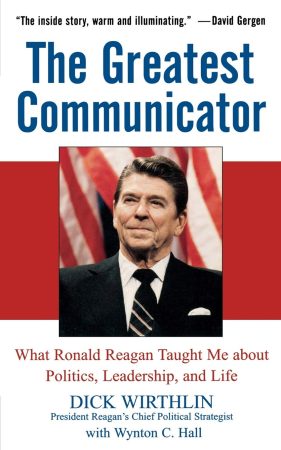
The late Dick Wirthlin, one of President Ronald Reagan’s top advisers, writes in The Greatest Communicator that the best performances of the President almost always were unscripted and momentous acts of communication. They were a phone call with a veteran or meeting a child in the Oval Office. Reagan was a great communicator because he was a natural — he served as if cameras were always rolling.
A similar thing can be said of Zelensky. He is a natural and has shown this multiple times — from visiting a hospital with wounded soldiers to going to the trenches. The delivery of the New Year’s address is definitely another example. Although the speech is over 17 minutes and in Ukrainian, you don’t need to put the subtitles on to understand how powerful it is. Watching Zelensky talk says as much as the words he delivers.
Strength from solidarity. The power of ‘we’
Although Zelensky spoke as a war-time leader with his classic look in clothes that remind us of the military, the most used word in his speech was not ‘bomb’ or ‘soldier’, it was not ‘planes’ or ‘missiles’, neither did he spoke of ‘death’ or ‘killing’. He said ‘we’ the most. 84 times, to be specific.
‘We’ were the ones who woke up to the sound of missiles on 24th of February. ‘We’ were the ones that fought. ‘We’ overcame panic. ‘We’ stayed united. It was the language of solidarity that gave agency to the people. And we know that hope becomes a powerful message only if it is blended with agency — hoping without the ability of making a difference is dreaming while knowing that waking up will make it all disappear. Thus, although Zelensky pointed to “victory” as their goal; he made it clear that it was ‘our’ goal and only ‘we’ can achieve it if ‘we’ stay together.
This was not only a rhetorical device, but it had a political undertone as well: Whenever Zelensky talks about Ukrainians as a ‘we’, as a national entity with agency to act together, he is also attacking Russian President Vladimir Putin’s claims that Ukraine and Ukrainians are made up entities. Zelensky’s and Ukrainians’ resilience against Russia’s war is redefining what it means to be a Ukrainian. It’s becoming an identity larger and stronger than ever — and an identity that is bonded by resistance against Russian oppression. The feeling of solidarity communicated in Zelensky’s speech summarizes why Russia will never succeed in Ukraine because that ‘we’ is an answer to ‘them’, the occupiers: “We are all one family. One Ukraine.”
So that our grandchildren come to visit their grandparents during the holidays. To eat watermelons in Kherson. And the cherry in Melitopol.
It’s a long speech. And, yes, people still listen to long speeches
The communications gurus that stopped being effective at actually doing the job decades ago love parroting generalizations like “people don’t listen to long speeches anymore”. They have a simple reasoning: People watch TikToks, Instagram reels, and subscribe to premium services of streamers because they can’t even stand watching ads till the ‘skip’ button appears. It’s a cliché like talking about the weather as a conversation starter to highlight how short our attention-spans got.
However, although these are all true, they lack context like any other generalization. If a war-torn country’s leader, whose leadership will most probably be a part of Ukraine’s national story for decades, has something to say — people will listen. They’ll listen because we consume content in context. We don’t expect Zelensky to deliver “TikTokable” remarks, we don’t expect him to talk to us as if we are binging his words as we check social media.
War is a serious matter, and the expectation from a war-time leader is to be rational, serious, hopeful, and inspiring. Delivering on all these, the Ukrainian President talked to a nation and the world as a timeless leader. Thus, his words didn’t need to fit the guru’s expectation of a contemporary speech to be good. It was better than a template.
